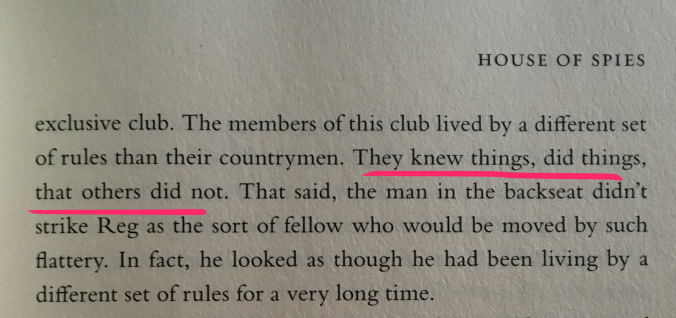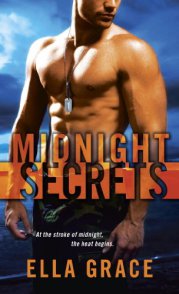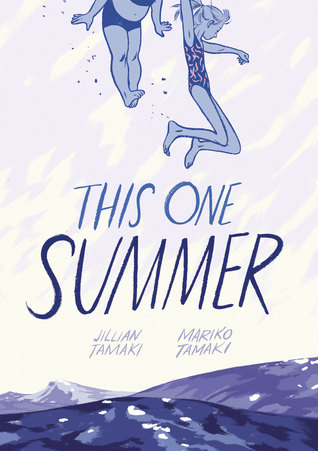
The topic of genre is one which interests me greatly. Its automatic assumption that a piece of writing (I’m only considering genre in the context of writing here – and I understand that this in itself invites contemplation) can be contained in a way which predetermines its audience – and presumably, therefore, its sales potential – is such a crass distinction to be paired with creativity.
Okay, now I’ve nailed my nailed my colours to the mast, I’ll share with you, as promised, the thoughts I took to my writing group regarding the story I posted last week. They are slightly edited so as to make sense in this new context but are essentially the same as when I wrote them, a little while back.
This was a story I wrote for a flash-fiction competition. To me, it is not a story that fits neatly into a specific genre, but it makes for a great piece of flash-fiction. I am tempted to argue that flash-fiction could be considered a genre in its own right – albeit with other, more specific, genres giving a distinct flavour where appropriate.
Flash-fiction, being such a truncated form of writing, forces a writer continually to consider what they can do without – a good discipline to develop anyway. The result can end up as incomprehensible nonsense, but it stands a chance of becoming a neat piece of writing with some very delightful use of language which the author might not have explored in a longer piece.
That’s what happened to me when I was writing this story. I had only two hundred and fifty words, which quickly got used up in my first draft, and Mary had barely left the field. By finding shorter, sharper ways to say what I wanted to say, I feel I have created a much better piece of writing than I started with.
It is, however, very different from the same story done in – say – three thousand words. And for me, that’s what’s so fascinating about the flash genre. It’s like a tiny glimpse, an instant snapshot, of a much bigger picture, and it is what is not said that assumes the bigger importance. The characters of the people mentioned; their expectations, preferences, fears and dislikes; the circumstances that have brought them to this one place; the way their actions are shaped; all these must be inferred, leaving the reader with much to ponder over after the piece is done.
It could be argued that this story must be a children’s story or a piece of fantasy, since the described event could not possibly happen. Even, a futuristic or sci-fi/alternate universe tale. But I got the story – in a few, brief sentences – from Elizabeth Gilbert’s TED talk on You-Tube. A talk about where inspiration comes from. She was quoting the American poet Ruth Stone, telling Elizabeth how she got poems when she was growing up.
So this story could equally well be classified as biography, or paranormal, or – how does it go? – ‘true stories you just won’t believe!’
From my point of view, I don’t really care. A good story is a good story is a good story. I find classification and categorising, stifling, restrictive and unhelpful. For me, it is much more important to aim for authenticity than to write in order to fit someone else’s pre-determined expectations.
I am with Jodi Taylor on this – an author I fell over on my Kindle – who is, first and foremost, a historian but who wanted to write a book about time-travel. She ‘went ahead and slung in elements of history, adventure, comedy, romance, tragedy and anything else she could think of. Her advice to booksellers is to buy huge numbers of her books and just put one on every shelf.’
I still hold to what I wrote – probably even more so, now I’m more experienced. And maybe I’ll write some fresh thoughts on genre in coming weeks. In the meantime, you might like to consider what is in the picture placed at the top of this blog. If I tell you the genre it fits, I have a feeling it might spoil the surprise!
Advertisements Share this:




